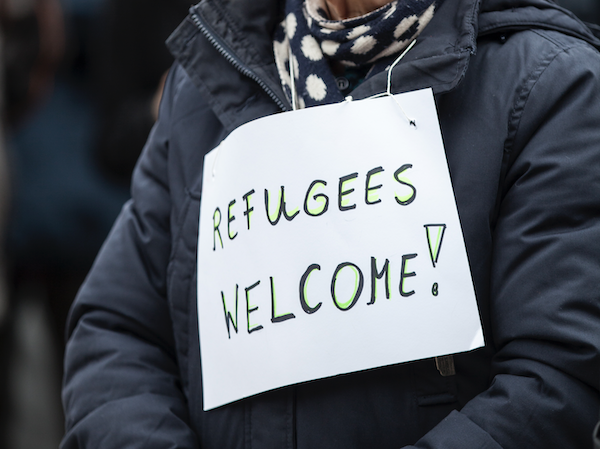A shared home for refugees is “not basic enough” for minister

Asylum minister Marjolein Faber has rejected plans by Apeldoorn city council to provide accommodation for 50 refugees because it is “not basic enough”, local broadcaster Omroep Gelderland has reported.
The plan includes giving each refugee their own bedroom but this does not fit in with minister’s idea of basic housing for refugees who have a residency permit and are waiting for more permanent housing, the broadcaster said.
Apeldoorn’s plan involved 10 homes in which four to five refugees could live and share kitchen and bathroom facilities. There would also be housing manager on hand to deal with any problems. But the minister rejected the council’s application for a permit.
“We believe a single room will help people become independent and their integration into Dutch society,” mayor Ton Heerts said. “We are now looking to see if we can make changes to the plan.”
Mark Boumans, mayor of Doetichem and chairman of the local authority committee on housing refugees, said the single room is a “defendable option” considering privacy and other factors like working hours.
“It is now important that the minister gives us new parameters, given she has changed the rules,” he said.
Apeldoorn has been charged with finding homes for 220 refugees with residency permits in the second half of 2024 and has so far come up with housing for 74.
Faber plans to take responsibility for providing homes for refugees with residency permits away from local authorities and to set up large scale “basic” accommodation instead.
Criticism
Faber’s plans for the “strictest asylum regime ever” will trigger a wave of legal challenges, placing further strain on an overburdened legal system, the Council of State said earlier this week.
In a highly critical assessment, the constitutional advisory body said it had “serious concerns” about proposals such as abolishing permanent residency for refugees and creating a two-tier asylum system.
Thank you for donating to DutchNews.nl.
We could not provide the Dutch News service, and keep it free of charge, without the generous support of our readers. Your donations allow us to report on issues you tell us matter, and provide you with a summary of the most important Dutch news each day.
Make a donation